Can a Dentist Check for Oral Cancer?
Oral cancer is a significant health concern that often goes unnoticed until it reaches an advanced stage. Early detection is critical, as it greatly increases the chances of successful treatment and recovery. Many people are unaware that their dentist can play a crucial role in detecting oral cancer, even before symptoms appear. In this article, we'll explore the important question: Can a dentist check for oral cancer? Additionally, we'll discuss the role of regular dental checkups, the process of oral cancer screening, and the vital steps you can take to protect your health.
1. Understanding Oral Cancer
Oral cancer, also known as mouth cancer, refers to any cancer that develops in the tissues of the mouth or throat. This includes cancers of the lips, tongue, cheeks, gums, and the roof or floor of the mouth. Like all cancers, oral cancer begins when cells grow uncontrollably, forming a tumor. It can be aggressive and spread to other areas of the body if not detected early.
The risk factors for oral cancer include tobacco use, excessive alcohol consumption, a history of human papillomavirus (HPV) infection, poor nutrition, and a weakened immune system. People over the age of 40 are at a higher risk, though oral cancer can occur in younger individuals as well. The symptoms of oral cancer may include persistent mouth sores, pain while swallowing, difficulty moving the jaw, and unexplained bleeding or numbness. However, in its early stages, oral cancer may not show obvious signs, which is why regular screening is so important.
2. The Role of Dentists in Oral Cancer Screening
One of the most valuable aspects of your regular dental visits is the opportunity for oral cancer screenings. While oral cancer is often detected by specialists such as otolaryngologists or oncologists, your dentist is typically the first professional to notice any abnormalities during routine checkups. Dentists are trained to look for signs of oral cancer as part of their comprehensive dental exam.
During a routine dental exam, your dentist will visually inspect your mouth for any abnormalities such as lumps, lesions, or changes in tissue color. They may also feel around the neck, jaw, and under the chin for any swollen lymph nodes or masses that could indicate cancer. If anything suspicious is found, your dentist may recommend additional tests or refer you to a specialist for further evaluation.
3. What Does an Oral Cancer Screening Involve?
Oral cancer screenings performed by a dentist typically involve a two-step process: a visual examination and a physical exam. Here's what you can expect during a screening:
- Visual Examination: The dentist will carefully examine your mouth, including your lips, cheeks, gums, tongue, and the roof and floor of your mouth. They'll look for unusual color changes, sores, or lumps that might suggest the presence of cancer.
- Physical Examination: The dentist will use their hands to feel for any lumps or swollen areas in the neck, jaw, or under the chin. This helps them detect potential problems that aren't immediately visible.
In some cases, dentists may use advanced technology, such as a special light, to highlight abnormal cells in the mouth that are not visible to the naked eye. While these screenings are not definitive, they help to catch oral cancer in its early stages, when it is most treatable.
4. Early Detection and Its Importance
Early detection of oral cancer is essential because it significantly increases the likelihood of successful treatment. According to the American Cancer Society, the five-year survival rate for oral cancer is about 84% when diagnosed at an early stage. However, if the cancer spreads to nearby tissues or other parts of the body, the survival rate drops dramatically.
Regular dental checkups and screenings can help detect oral cancer long before it shows symptoms. For this reason, it’s crucial to visit your dentist at least once every six months for a routine checkup and oral cancer screening. Even if you're not experiencing any symptoms, these visits play a vital role in preventing the disease from progressing undetected.
5. What Happens if Oral Cancer Is Suspected?
If your dentist suspects that you may have oral cancer, they will likely refer you to a specialist, such as an oral surgeon or an ENT (ear, nose, and throat) doctor, for further evaluation. The specialist may perform additional diagnostic tests, such as a biopsy, to confirm the presence of cancer.
A biopsy involves taking a small sample of tissue from the suspicious area and sending it to a lab for analysis. Depending on the results, the specialist will discuss treatment options with you, which may include surgery, radiation therapy, chemotherapy, or a combination of these. The earlier the cancer is detected, the more treatment options you will have, and the more successful the outcome is likely to be.
6. How to Reduce Your Risk of Oral Cancer
While regular dental checkups are crucial for early detection of oral cancer, there are also several lifestyle changes you can make to reduce your risk:
- Avoid Tobacco: Smoking and chewing tobacco are the leading causes of oral cancer. Quitting tobacco use can significantly reduce your risk.
- Limit Alcohol Consumption: Excessive alcohol use increases the risk of oral cancer. Limiting your intake can help protect your oral health.
- Eat a Healthy Diet: A balanced diet rich in fruits, vegetables, and whole grains provides essential nutrients that support overall health, including a strong immune system.
- Get Vaccinated for HPV: The human papillomavirus (HPV) has been linked to an increased risk of oral cancer. Getting the HPV vaccine can help prevent infection and reduce the risk of cancer.
- Practice Good Oral Hygiene: Brushing and flossing regularly can help reduce the risk of oral diseases, including oral cancer.
By making these changes and maintaining regular dental checkups, you can significantly reduce your risk of developing oral cancer.
SEO Title: Can a Dentist Check for Oral Cancer?SEO Keywords: dentist oral cancer check, early detection, oral cancer screening, dental health, oral cancer risk, HPV vaccineSEO Description: Learn how dentists play a vital role in detecting oral cancer early through routine screenings, and discover ways to reduce your risk.
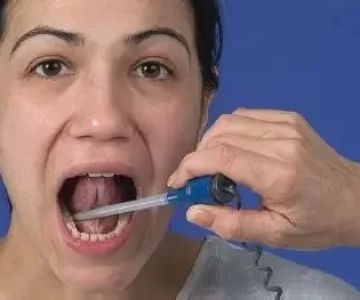
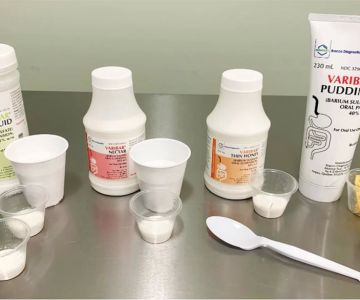
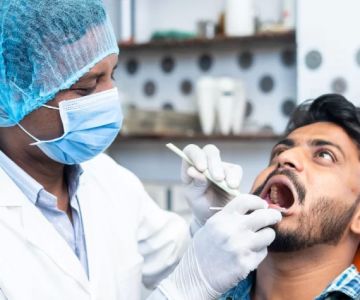
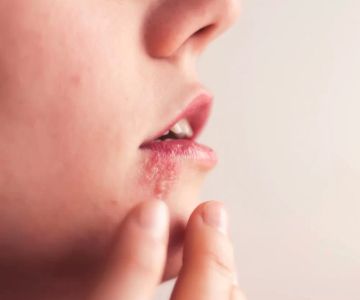
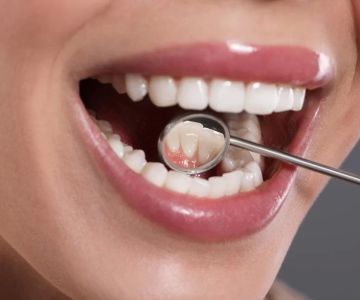
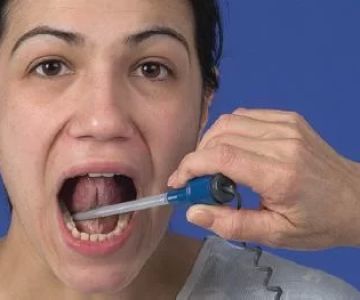
 Tiny Tooth Co. and Trindade Orthodontics4.0 (107 review)
Tiny Tooth Co. and Trindade Orthodontics4.0 (107 review) Farzad Khalili, LD0.0 (0 review)
Farzad Khalili, LD0.0 (0 review)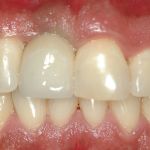 Robert S. Radin, DDS4.0 (2 review)
Robert S. Radin, DDS4.0 (2 review)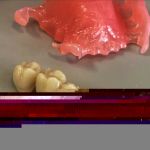 Dr. Aaron M. Shearman4.0 (14 review)
Dr. Aaron M. Shearman4.0 (14 review) Orangecrest Dental Group4.0 (54 review)
Orangecrest Dental Group4.0 (54 review) Sapphire Dental Care4.0 (384 review)
Sapphire Dental Care4.0 (384 review) The Importance of Oral Health Education During Pregnancy for a Healthy Pregnancy
The Importance of Oral Health Education During Pregnancy for a Healthy Pregnancy Best Tips for Brushing Your Teeth Properly for Healthy Gums: Essential Techniques for Oral Health
Best Tips for Brushing Your Teeth Properly for Healthy Gums: Essential Techniques for Oral Health Why Skipping Dental Checkups Can Lead to Bigger Oral Health Problems
Why Skipping Dental Checkups Can Lead to Bigger Oral Health Problems Advantages of Porcelain Dental Restorations
Advantages of Porcelain Dental Restorations How Can Diabetes Cause Tooth and Gum Problems? Preventing and Managing Oral Health Issues
How Can Diabetes Cause Tooth and Gum Problems? Preventing and Managing Oral Health Issues Healthy Habits for Promoting Good Oral Health and Hygiene: Tips for a Healthy Smile
Healthy Habits for Promoting Good Oral Health and Hygiene: Tips for a Healthy Smile